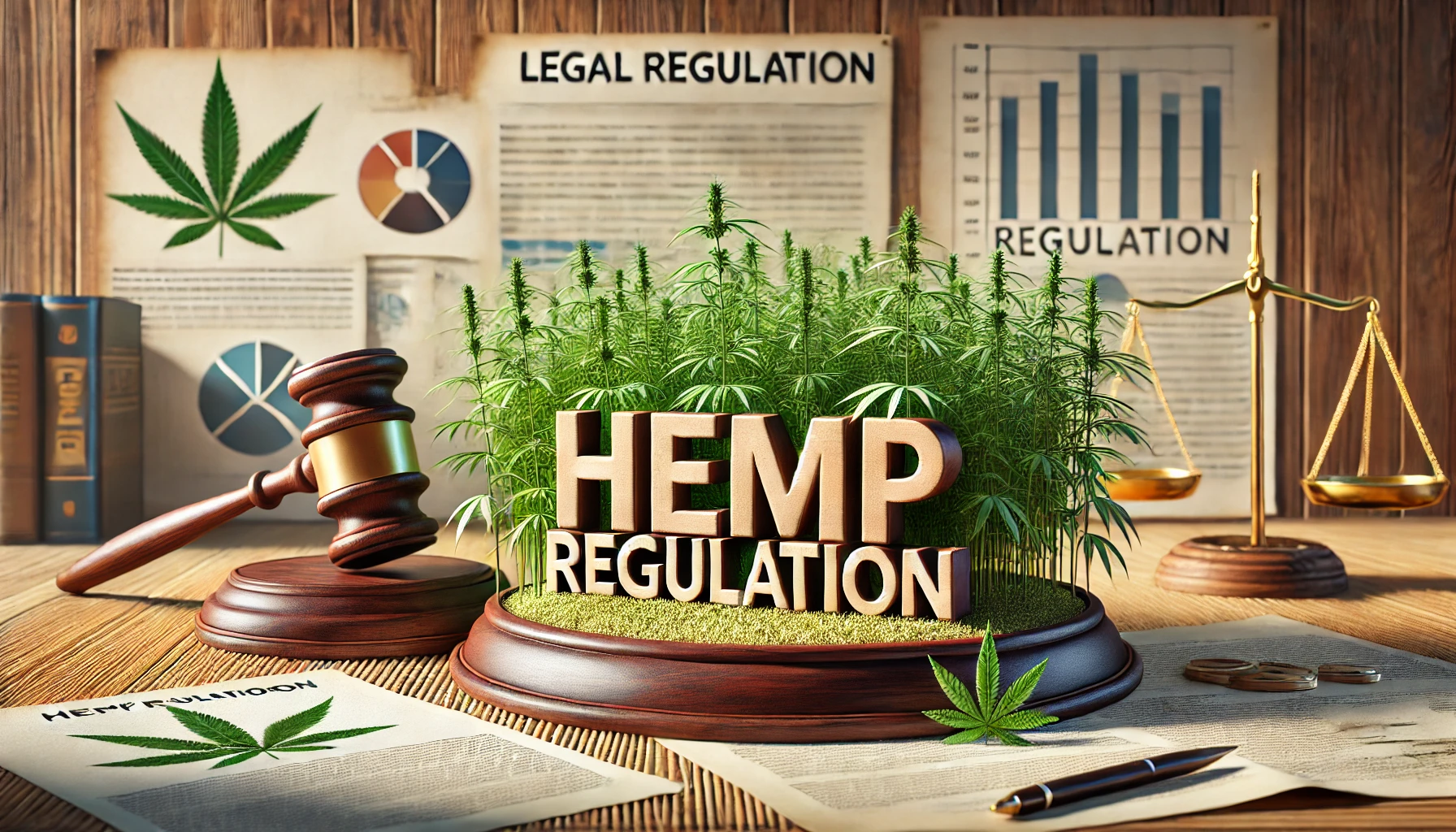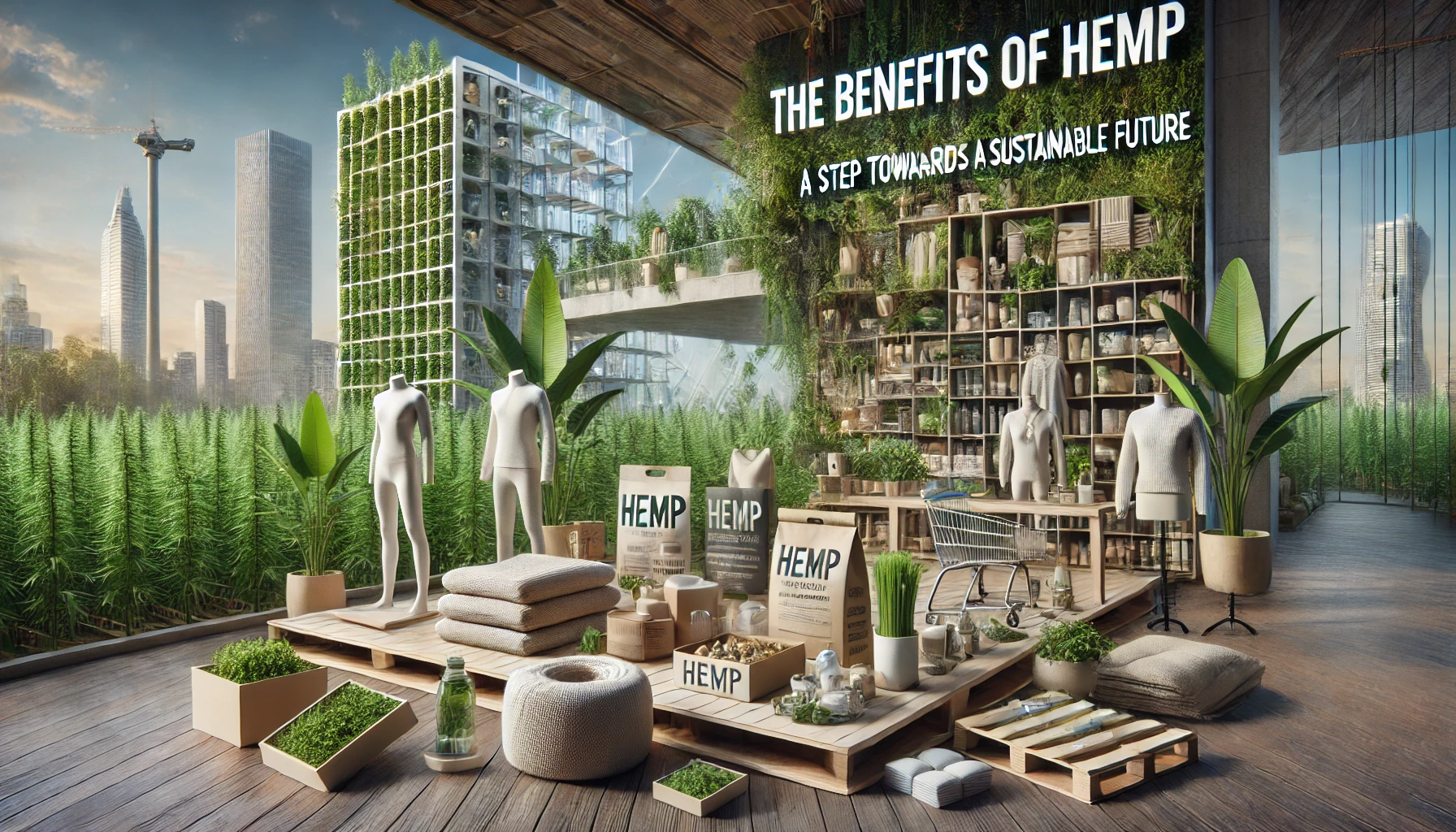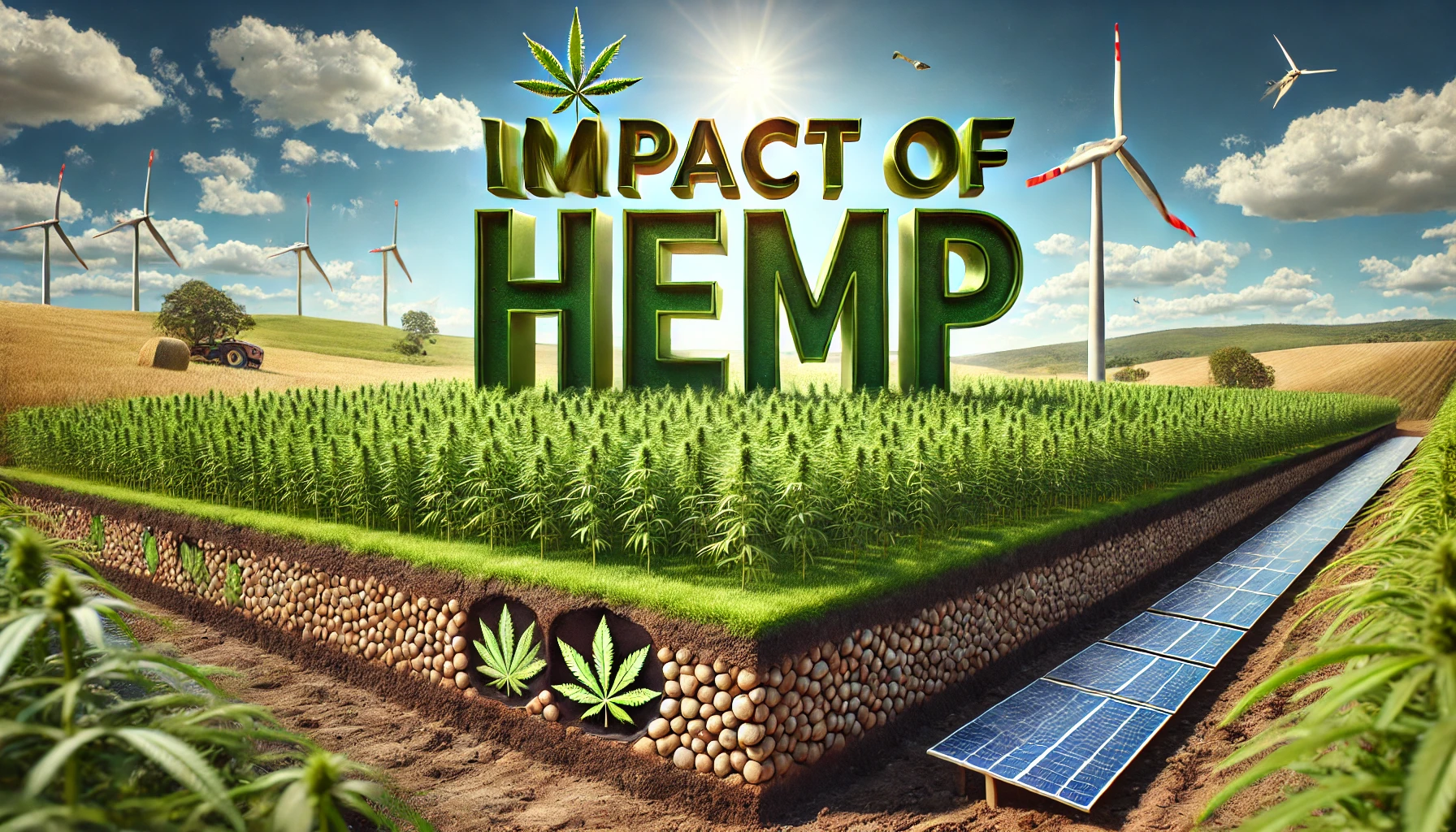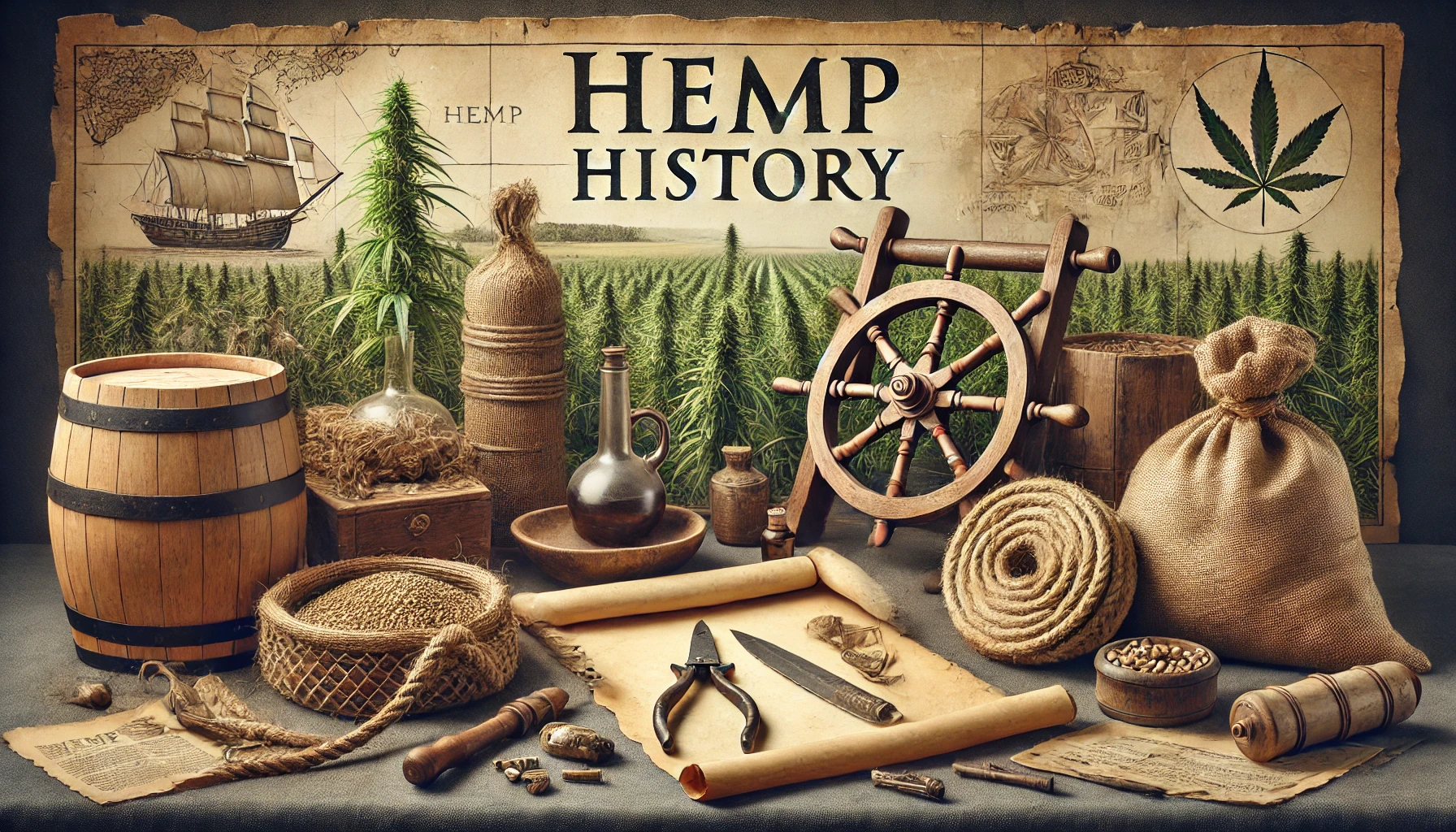Hemp regulation
everything you need to know about laws and regulations
- mattia andrei

Hemp is increasingly recognized for its many applications, but its production and commercialization are governed by specific laws. In this article, we’ll explore the latest regulations on hemp cultivation, production, and sales, focusing on legislative developments and their impact on businesses in the sector.
Hemp cultivation legislation
Over the years, regulations concerning hemp cultivation have gradually been relaxed, especially in Europe. At the EU level, hemp cultivation is allowed, provided that the varieties used have a THC content of less than 0.2%. However, individual member states may adopt stricter regulations. In Italy, for example, a license is required for hemp cultivation and use of its fibers, granted by local authorities after meeting specific technical requirements.
Production of hemp-based products: food and cosmetics regulations
Regulations vary for hemp-derived foods and cosmetics, depending on the product. In Europe, hemp can be used for food production, but only with varieties that comply with THC limits. Extracts like CBD oil are regulated differently: when used as dietary supplements, they are subject to specific safety and marketing regulations. Cosmetics made from hemp must also follow precise rules regarding ingredient safety and possible side effects.
Hemp in fashion: a growing regulation
The fashion industry is seeing a growing demand for products made from hemp fibers, but the laws regulating its commercialization are still evolving. In many countries, hemp-based textile products are fully legal, as long as they comply with general textile product regulations, concerning material quality, consumer safety, and labeling. Furthermore, businesses in this sector must ensure traceability of materials and compliance with ecological and sustainable standards.
The importance of certifications and quality
An essential aspect for those who produce and market hemp-based products is obtaining certifications that ensure the quality and origin of materials. These certifications are particularly relevant in sectors like food and cosmetics, where consumer safety is a priority. Organic certifications and sustainability labels become essential tools for operating in compliance with current regulations and promoting ethical practices.
Future legal challenges: evolving regulation
While legislative progress is positive, hemp regulation remains an evolving field. Future challenges primarily concern the harmonization of laws at the international level and the establishment of common standards for hemp-based product production, use, and sales. Companies in the sector must stay updated on regulatory changes to avoid legal issues and ensure compliance with new regulations.



